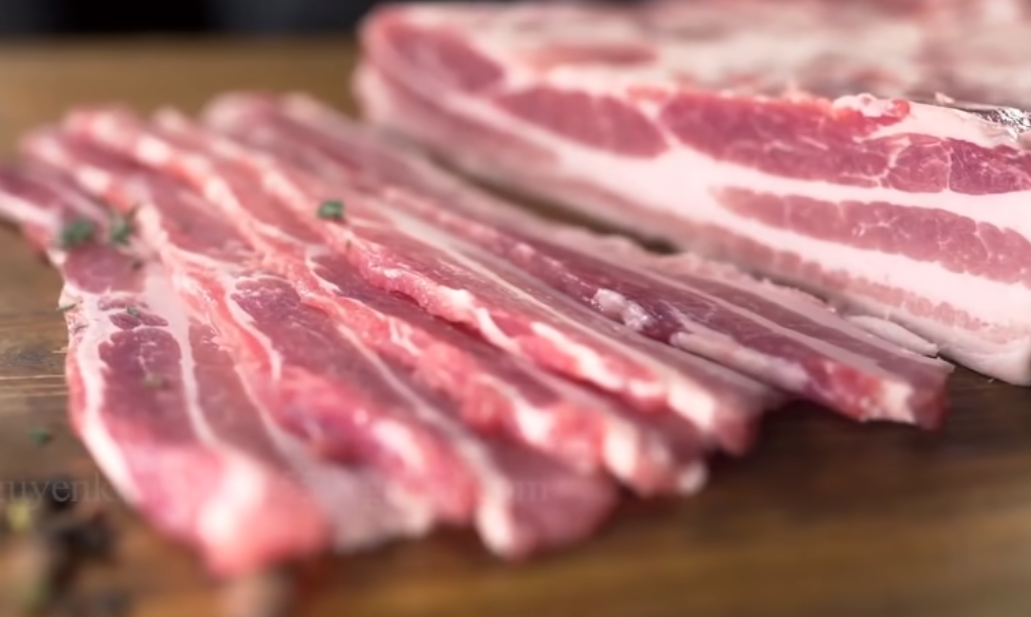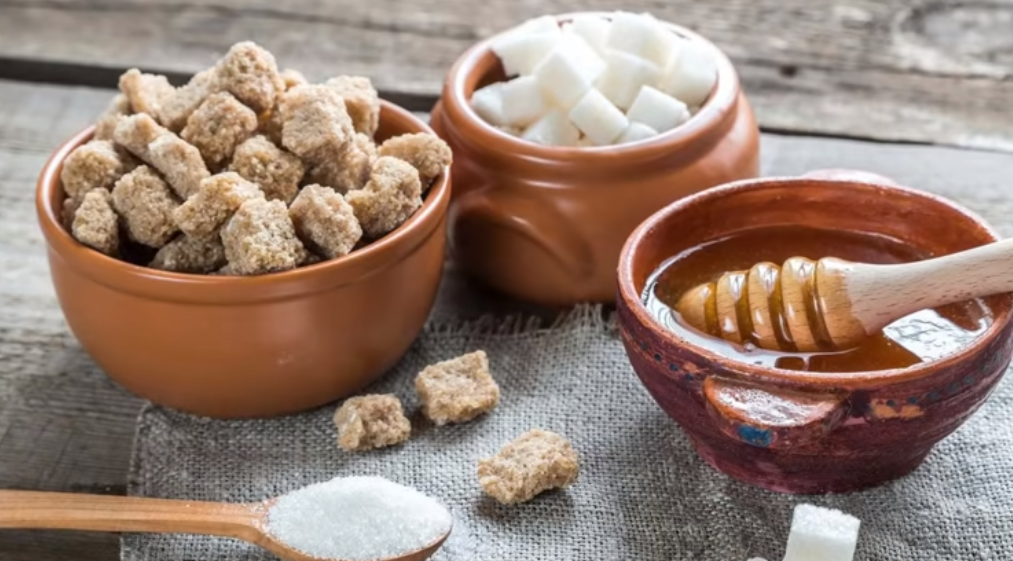The kidneys are the root of life. When the kidneys are weak, the body is also affected and many diseases will arise. Therefore, to have healthy kidneys, you need to take care of your body starting from the foods you eat daily. There are 7 types of foods that should absolutely not be eaten in the morning as they will have negative effects on the kidneys. What are those foods?
Foods to avoid in the morning to protect your kidneys.
1. Dairy products

Dairy products including milk, cheese, and yogurt contain a lot of calcium, which increases the amount of calcium in urine and may be related to a higher risk of kidney stones. For people who already have health issues, reducing the consumption of dairy products helps the kidneys filter blood more easily, potentially limiting the need for dialysis. Butter contains a lot of saturated fat, which increases the risk of cardiovascular disease, while cardiovascular instability is a risk factor related to kidney disease. To prevent illness, when eating bread and salads, opt for herb-flavored olive oil instead of butter.
2. Nuts

If you are prone to kidney stones, avoid eating nuts as they contain minerals that are a common cause of kidney stones. If you have had kidney stones before, it is best not to eat any type of nuts. To protect your health, be cautious when consuming foods containing oxalate such as spinach, beets, fried potatoes, and grain-based cereals. Some nuts, like almonds, can be good for health, but it is important to balance the types.
3. Avocado
The fats in avocados are healthy, and the abundant potassium content in avocados helps control fluid balance and electrolyte levels. The kidneys rely on the balance of potassium and sodium to function properly, but too much potassium can cause issues, leading to hyperkalemia. Hyperkalemia occurs in people with chronic kidney disease and often causes nausea, weakness, paralysis, and slows the heart rate. However, for those without prior kidney disease, eating avocados is still fine.
4. Meat

Meat contains a lot of protein, which is essential for growth and muscle health. However, to metabolize protein, the kidneys have to work hard. According to medical experts, a diet high in animal protein increases the risk of kidney stones, so people with kidney disease are advised to avoid excessive animal protein. Animal organs, such as liver, are high in purines, which stimulate the production of uric acid, a waste product that the kidneys process. Excess uric acid can lead to kidney stones.
5. Artificial sweeteners

Using artificial sweeteners to reduce sugar intake is not beneficial for the kidneys. Some studies have found that people who use artificial sweeteners in drinks often do not reduce their sugar consumption. If you want to use a sugar substitute, choose stevia, a natural herbal extract that has been used in South America for many years without side effects.
6. Caffeinated beverages

Many studies show that long-term consumption of caffeine, such as the habit of drinking coffee or tea every morning, exacerbates chronic kidney pain and increases the risk of kidney stones. Caffeine is a mild diuretic that affects the kidneys' ability to absorb water; reasonable caffeine consumption does not affect kidney function. However, overuse can harm the kidneys.
Caffeine stimulates blood flow, leading to increased blood pressure. If blood pressure is normal, caffeine will not cause harm, but for those with high blood pressure, caution is advised when consuming caffeine. Energy drinks and soda are also not good for the kidneys, especially when there are kidney issues. According to experts, drinking two cans of diet soda daily can impair kidney function.
7. Sodium salt

Sodium works in conjunction with potassium to maintain fluid balance in the body, ensuring the kidneys function properly. However, excessive sodium intake causes water retention in the kidneys to dilute salt in the blood, putting a long-term strain on the kidneys. A habit of eating too much salt can also lead to high blood pressure, affecting the glomeruli and tubules, which are very small structures that filter waste.
To maintain kidney health, consume fresh, whole foods as much as possible and carefully control your salt intake. When kidney function declines, they cannot perform their job, leading to the accumulation of harmful toxins that can have serious consequences. Kidney failure can be a bitter end if you do not heed the warning signs from your kidneys.
Symptoms warning of unhealthy kidneys.
First: Pain in the kidney area.

Acute pain in the flank area, adjacent to the kidneys, lower back pain, and pain in both legs are typical symptoms of kidney stones, urinary tract infections, or other kidney-related diseases. Therefore, if you experience such pain, you need to see a doctor as soon as possible.
Second: Fatigue and dizziness.

Healthy kidneys produce a hormone called erythropoietin that increases red blood cell count; low red blood cell levels can lead to fatigue and related issues with the brain and muscles. Kidney failure can lead to a lack of oxygen to the brain, causing dizziness, memory problems, and difficulty concentrating. This is one of the early warning signs of kidney failure.
Third: A metallic taste in the mouth.
Due to the accumulation of waste in the blood, patients may experience bad breath and changes in taste, especially with meat. Another early warning sign of kidney failure is a decreased appetite and a metallic taste in the mouth.
Fourth: Skin itching.

The accumulation of waste can be directly related to itching and rashes on the skin. Due to waste buildup in the blood, the skin can become irritated and dry. If trying various moisturizers does not restore the skin, you should consider internal issues. At that point, you should see a doctor for an accurate diagnosis.
Fifth: Difficulty urinating.
If you have difficulty, feel pressure, or pain with the bladder, you may have a urinary tract infection. This symptom is easily treatable, but it is best to address it as soon as possible, as if left untreated, it can affect your kidneys. You may experience fever or feel distressed if this symptom worsens.
Sixth: Blood in urine.
Blood in urine is a direct symptom of kidney disease. Blood in the urine can lead to bladder cancer, which is one of the symptoms signaling kidney issues that cannot be ignored. If you experience these signs, do not ignore them; see a doctor immediately.
Seventh: Shortness of breath.

If kidney disease becomes severe, it can cause fluid buildup in the lungs, leading to shortness of breath. Additionally, a decrease in red blood cell count can result in lower oxygen levels in the body, leading to shortness of breath and shallow breathing. This is one of the top symptoms of kidney disease that you need to pay attention to.
Eighth: Nausea and vomiting.
Kidney failure causes symptoms such as nausea and continuous vomiting. This is due to the waste accumulating in the body that needs to be expelled. When the kidneys are unable to function, vomiting will occur frequently.
Ninth: Swelling.
The kidneys play a role in filtering out excess waste in the body. When kidney function declines and cannot excrete toxins in time, waste will accumulate in other parts, causing swelling in the hands and feet.
